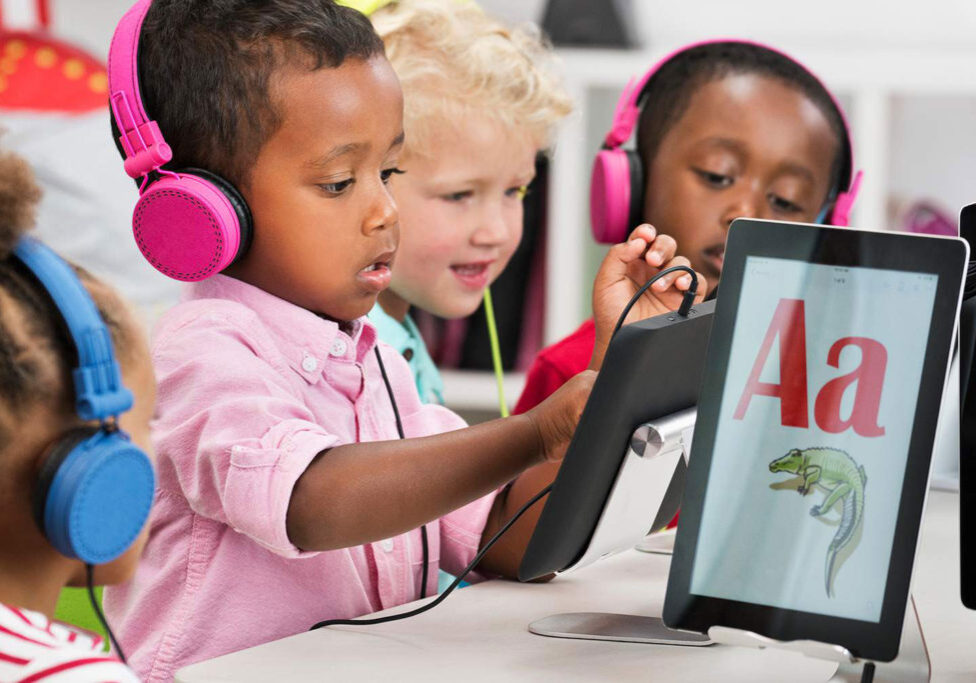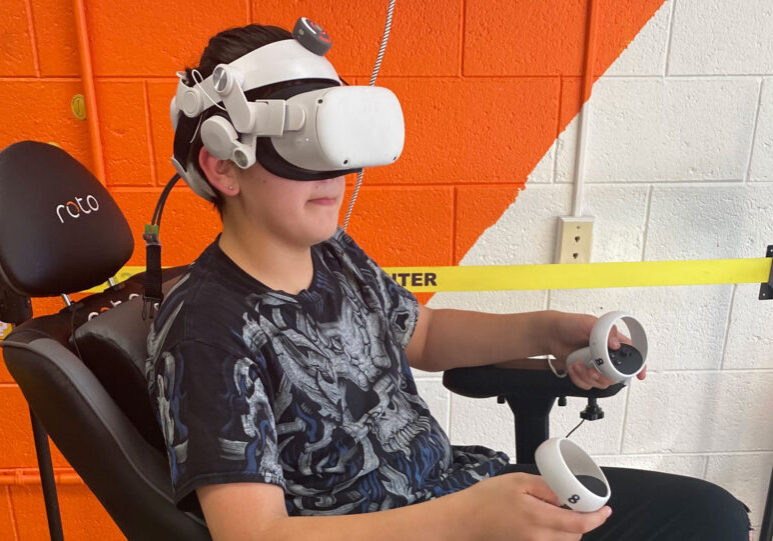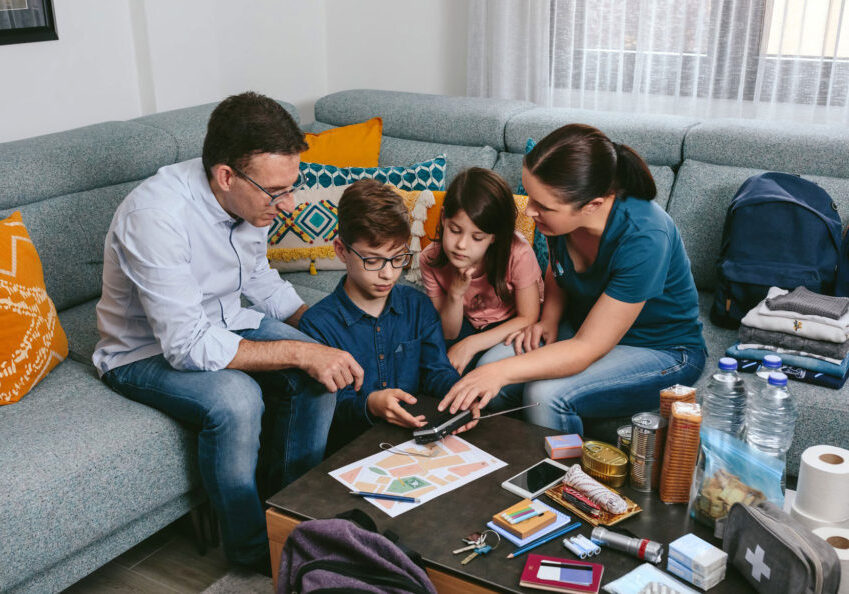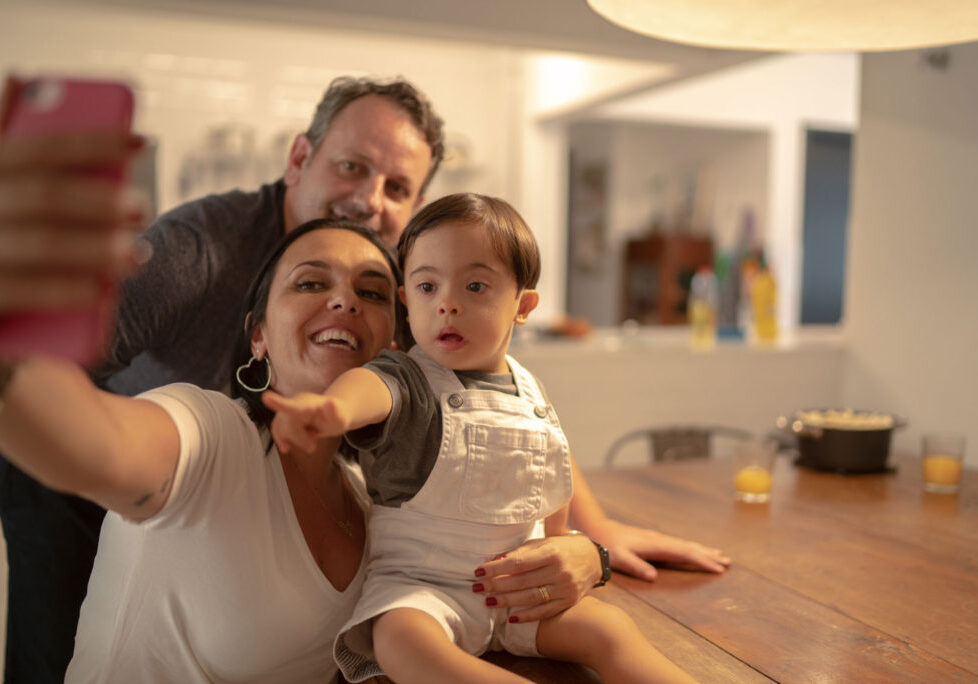You cannot serve from an empty vessel.” – Eleanor Brownn.
This quote rings true for most parents, particularly those who are caring for children with disabilities. Parenting is an all-consuming job that requires immense physical, emotional and mental energy. When you add the complexities of parenting a child with special needs, it can often feel like there’s nothing left to give.
Lack of self-care can have serious consequences
As parents, we often feel guilty for taking time for ourselves. After almost 20 years of parenting, I know I still do. The reality is that neglecting our mental health can lead to burnout, which is something many parents of disabled children experience. This type of burnout can leave you feeling overwhelmed, constantly exhausted, angry and resentful and can exacerbate any anxiety or depression you may already have.
I can tell you from experience you don’t want to get to that point. After a particularly tough winter when my son with chronic lung disease ended up hospitalized for several days, and spent most of that time on a ventilator, I was so preoccupied with keeping him from getting sicker that I neglected to eat and I spent most nights staring at the numbers on his oxygen saturation monitor to make sure they were stable. A few months of sleepless nights, which made my anxiety 10 times worse, ended in me sobbing in a doctor’s office. I felt like I hit rock bottom as a parent. After that, I started to be more intentional about taking time for myself because I realized if I didn’t, I couldn’t be there for my kids in the way that they deserve.

Self-care doesn’t have to be complicated
So how can we let go of the guilt and embrace self-care as parents of children with disabilities when a lot of us barely have time to take a shower and eat a meal, let alone leave the house for some “me” time? One way to start is by finding small moments throughout the day for self-care. This could be as simple as taking a few deep breaths or listening to your favorite music. These small acts may seem insignificant, but they can make a big difference in how we feel and cope with the challenges of parenting.
One of the best things I did for my own self-care was to create a space of my own in the house – a sanctuary that I can sneak off to when I need a break for “mom timeout.” Put things that you love in there that make you feel relaxed and content. My space is my bedroom, but it could be anywhere you’re able to feel comfortable and unwind. This space, coincidentally, is where I keep my other method of self-care – my treadmill. Our hectic schedule doesn’t leave much time to go for long walks outside, but I can find 20 minutes here and there during the day to jump on the treadmill for a brisk walk.
Self-care doesn’t have to involve exercise. It can be binge-watching your favorite TV series to unwind at night or ordering takeout as a treat when cooking is the last thing you want to do after a hard day. Everyone is different, so it’s important to find what works for you and make time for it.
Finding a support network when you’re overwhelmed
Another important aspect of self-care is seeking support from others. Parenting a child with disabilities can be isolating and it’s easy to feel like no one understands what you’re going through. Look for local support groups or online communities where you can connect with others who are on a similar journey. There is also no shame in seeking help from a professional if you’re feeling overwhelmed. Therapy is also a form of self-care. It’s essential to prioritize your mental health as a parent. Taking good care of yourself means you are taking the necessary steps to be the best version of yourself for your children and there is no guilt in that.
Posted in: Uniquely Us
Comment Policy: All viewpoints are welcome, but comments should remain relevant. Personal attacks, profanity, and aggressive behavior are not allowed. No spam, advertising, or promoting of products/services. Please, only use your real name and limit the amount of links submitted in your comment.
You Might Also Like...

Adapted Learning Tools Can Help Students Succeed
Adapted learning is a common term in the world of special education, and the tools of adapted learning are helping to revolutionize the way that students learn by transitioning away […]

Nano VR Escape: Bridging the Gap Between Physical and Virtual Reality
Virtual Reality (VR) is an immersive technology that provides a simulated experience and allows people to interact with a 3D computer-generated environment in a way that mimics real life. VR […]

Halloween Tips for Families Of Kids With Diverse Abilities
Although Halloween can be a fun time for kids of all abilities, it often can be overwhelming for kids with special needs. They may have trouble with the loud noises, […]

Preparing for an Emergency When You Have a Medically Fragile Child
With raging wildfires, power outages, and widespread cases of COVID-19, the North State has been in crisis mode for the last several months. As parents of a medically fragile child, […]




